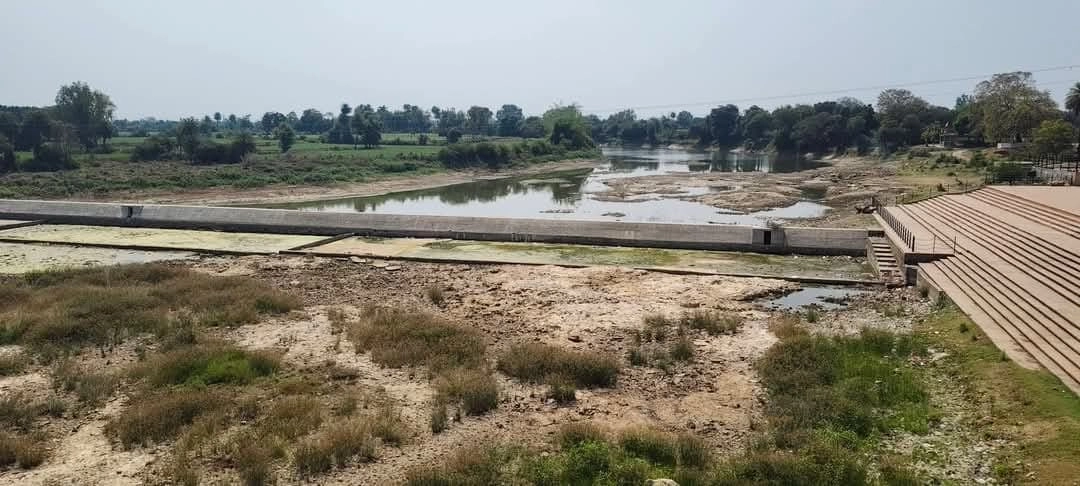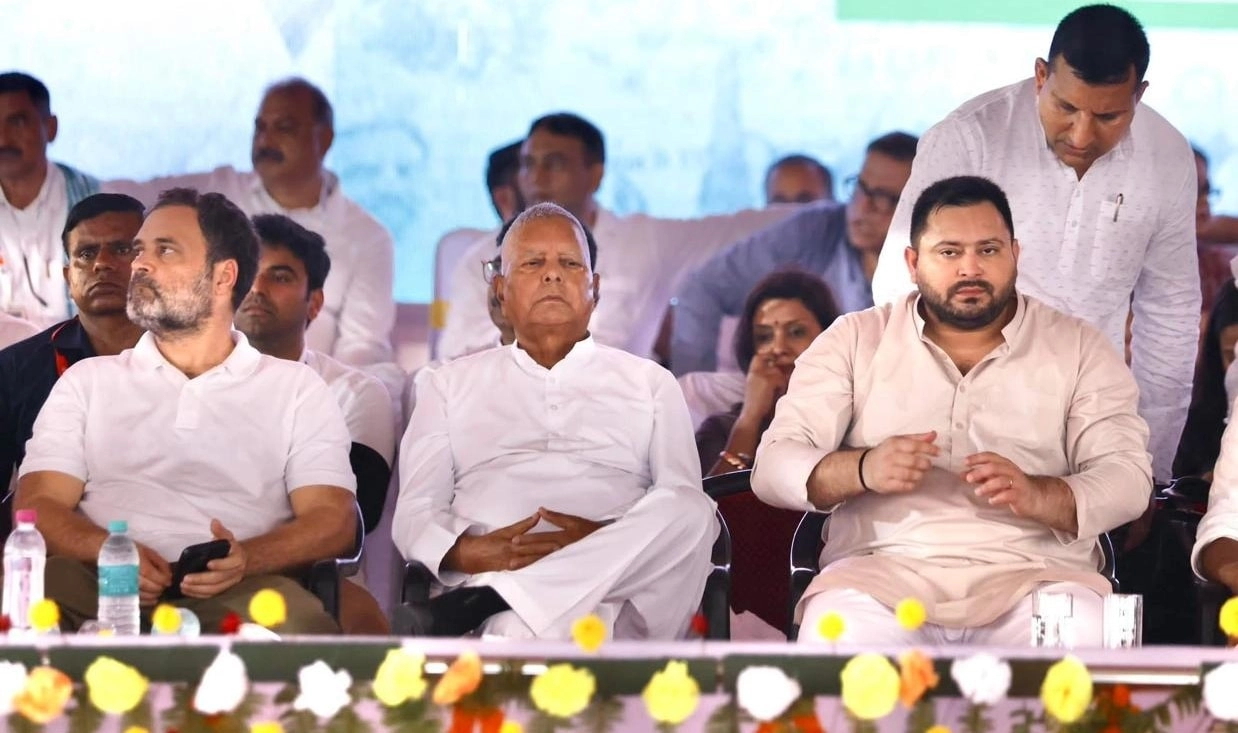Betwa River, once a vibrant lifeline coursing through the heart of India, now finds itself in a dire struggle for survival. This river, which used to sing with the sounds of flowing water and the bustling life it nurtured, has fallen silent, echoing the plight of countless ecosystems that have been pushed to the brink by human activities. The Betwa, revered in local culture and history, has seen its waters diminish due to factors such as over-extraction, pollution, and climate change. The river’s once-thriving banks, teeming with flora and fauna, now tell a tale of desolation, as both aquatic and terrestrial life grapple with dwindling resources.
The ramifications of the Betwa’s decline extend far beyond its banks. Communities that have relied on the river for sustenance, agriculture, and cultural practices are now facing unprecedented challenges. Farmers, who once depended on the river’s seasonal floods to nourish their crops, are increasingly witnessing barren fields and failing harvests. This shift not only threatens food security but also disrupts the social fabric of communities that have harmoniously coexisted with the river for generations. The silent cry of the Betwa resonates deeply, reflecting a broader environmental crisis that calls for urgent attention and action.
Efforts to revive the Betwa are underway, as environmentalists, local communities, and government initiatives come together to address the pressing issues at hand. Restoration projects aim to combat pollution and promote sustainable water management practices, while awareness campaigns seek to educate the public about the importance of preserving this vital waterway. However, these initiatives face significant hurdles, including political challenges and the need for substantial funding. The journey to restore the Betwa to its former glory is fraught with obstacles, yet it remains a critical endeavor, not just for the river itself, but for the myriad lives it supports.
As the Betwa continues its fight for breath, it symbolizes the urgent need for a collective re-evaluation of our relationship with nature. The river’s struggle serves as a poignant reminder of the consequences of neglecting our environment and the interconnectedness of all life. The stories of the Betwa echo the need for a sustainable future, where development does not come at the cost of ecological balance. Only through concerted efforts can we hope to hear the river’s song once again, restoring its role as a source of life and inspiration for generations to come.




